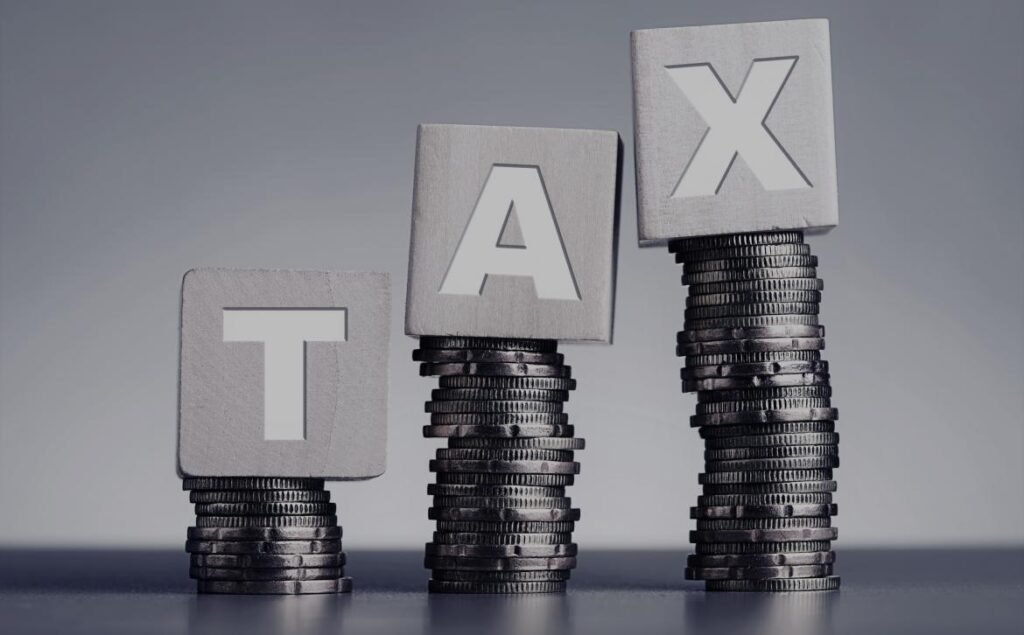Table of Contents
Exchanging gifts is a common practice during the festive season in India, but few are aware of the potential tax implications. Section 56(2) of the Income-Tax Act, 1961, governs the tax treatment of gifts. Here’s a breakdown of the tax implications for monetary gifts:
Under ₹5,000: If an employer provides a gift voucher or cash below ₹5,000 in a fiscal year, it enjoys full tax exemption. However, surpassing this limit integrates the gift into your salary, subject to regular tax slabs. Bonuses, regardless of amount, also fall under taxable salary heads.

Tax-Free Realm of Gifts from Relatives
Generous Kinfolk: Gifts from relatives, including parents, siblings, and spouses, are entirely tax-free. There is no specific limit, making familial exchanges exempt from tax considerations.
Friends’ Gifts: Untangling Taxable Knots
‘Income from Other Sources’: Gifts from friends fall under ‘income from other sources’ and are taxed accordingly. Crossing the ₹50,000 aggregate value threshold in a year triggers tax liability. Staying within this limit ensures a tax-free gift zone.
Marriage Gifts: A Tax Haven
Sole Exception: Gifts received on the occasion of marriage remain untaxed. Unfortunately, beyond matrimonial celebrations, there are no further exemptions for individual monetary gifts.
Movable and Immovable Property Gifts: Tax Implications Decoded
Inadequate Consideration: Receiving property with a value gap between consideration and stamp duty triggers taxable status. If this difference is below ₹50,000, the transfer remains nontaxable.
Evading the ‘Gift Tax’: Strategies for Smart Gifting
Cap at ₹50,000: The most effective tactic is to steer clear of receiving cash or property exceeding ₹50,000. In case of surpassing this limit, consider investing the gifted amount. This not only aids in tax savings but can also generate tax-free income, leveraging India’s income tax laws.
Whether you’re the giver or receiver, understanding these tax dynamics ensures a joyous Diwali without financial surprises.
